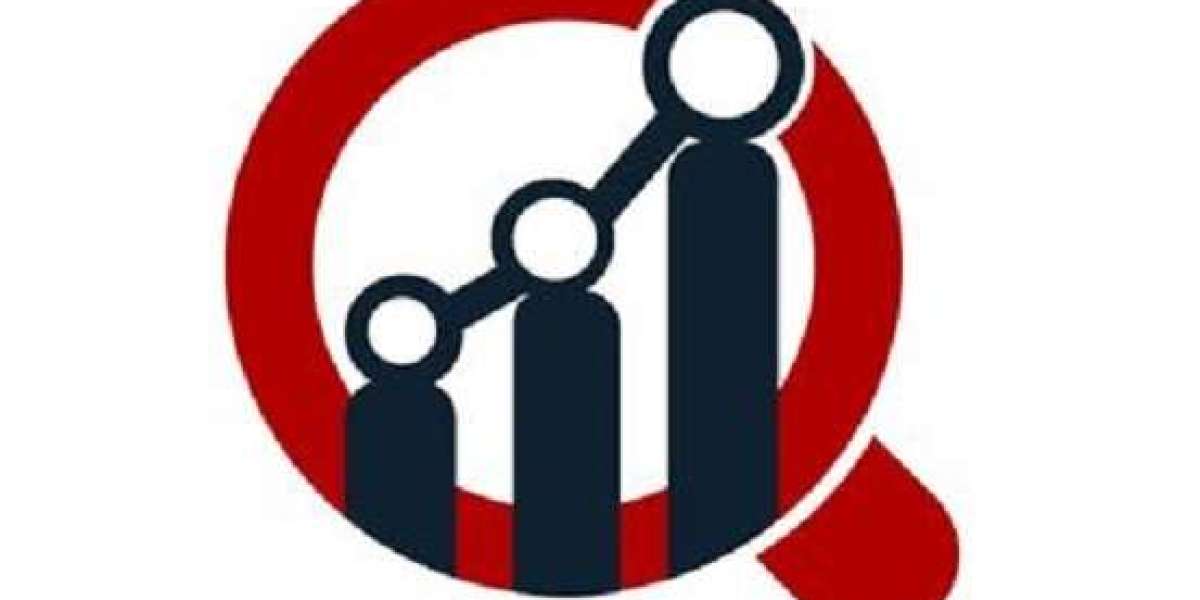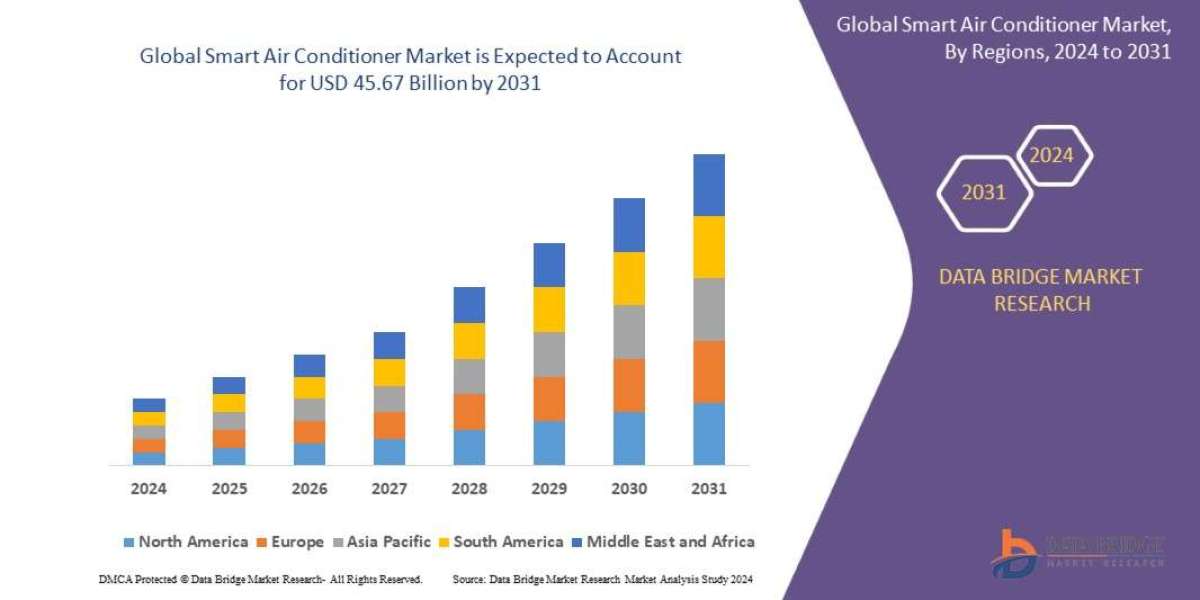The mobile cardiac telemetry (MCT) system market is a rapidly evolving segment within the cardiac monitoring landscape. MCT systems represent a significant advancement over traditional Holter monitors and event recorders by offering continuous, real-time monitoring of a patient's cardiac activity in an ambulatory setting. This technology enables proactive detection of cardiac arrhythmias and events, leading to timely interventions and improved patient outcomes. The MCT market is driven by the increasing prevalence of cardiovascular diseases, the growing demand for remote patient monitoring, and technological advancements in wearable and wireless communication technologies.
Understanding Mobile Cardiac Telemetry Systems
Mobile cardiac telemetry (MCT) systems are sophisticated, lightweight devices worn by patients to continuously monitor their electrocardiogram (ECG) signals. Unlike Holter monitors that record data for a limited period (typically 24-48 hours) and require subsequent downloading and analysis, MCT systems automatically detect and transmit cardiac events wirelessly to a monitoring center in real-time. These systems typically utilize multiple lead ECG configurations to enhance the accuracy of arrhythmia detection. Upon detection of a significant cardiac event, trained cardiac technicians at the monitoring center analyze the data and can promptly notify the patient's physician, facilitating timely diagnosis and treatment.
Key Market Segments
The mobile cardiac telemetry system market can be segmented based on several factors:
- Product Type: This includes standalone MCT devices and MCT-enabled wearable sensors. Standalone MCT devices are dedicated monitors that primarily focus on cardiac rhythm monitoring. MCT-enabled wearable sensors integrate cardiac monitoring capabilities into multi-parameter devices like smartwatches or chest straps, offering a more holistic view of a patient's physiological data.
- Technology: The market can be categorized by the type of ECG leads used (e.g., 2-lead, 3-lead, multi-lead) and the communication technology employed (e.g., cellular, Bluetooth). Multi-lead systems generally offer higher diagnostic accuracy. Cellular connectivity allows for direct and continuous data transmission without requiring pairing with a smartphone.
- Application: Key applications include the diagnosis of various cardiac arrhythmias (e.g., atrial fibrillation, bradycardia, tachycardia), post-event monitoring (e.g., after myocardial infarction or stroke), monitoring the efficacy of anti-arrhythmic medications, and risk stratification in patients with known or suspected cardiac conditions. The diagnosis of atrial fibrillation is a significant application area due to its increasing prevalence and associated risks.
- End-User: The primary end-users are hospitals and cardiac centers, ambulatory surgical centers, cardiac specialty clinics, and home healthcare agencies. Hospitals and cardiac centers constitute a major segment due to their role in diagnosing and managing complex cardiac conditions. The increasing adoption of remote monitoring in outpatient settings is also driving growth in other end-user segments.
Driving Forces Behind Market Growth
Several factors are fueling the expansion of the mobile cardiac telemetry system market:
- Rising Prevalence of Cardiovascular Diseases: The increasing global burden of cardiovascular diseases, including arrhythmias, is a primary driver for the demand for advanced cardiac monitoring solutions like MCT.
- Growing Geriatric Population: Older adults are at a higher risk of developing cardiac arrhythmias, leading to a greater need for continuous and remote monitoring solutions.
- Demand for Enhanced Diagnostic Accuracy: MCT systems offer continuous monitoring over extended periods, significantly increasing the likelihood of capturing intermittent and asymptomatic cardiac events compared to short-term Holter monitoring.
- Shift Towards Remote Patient Monitoring: There is a growing trend towards remote patient monitoring to improve patient convenience, reduce hospital readmissions, and manage healthcare costs effectively. MCT aligns well with this shift.
- Technological Advancements: Innovations in wearable sensor technology, wireless communication, and data analytics are leading to the development of more user-friendly, accurate, and efficient MCT systems.
- Increasing Adoption of Telehealth and Telecardiology: The growing acceptance and implementation of telehealth and telecardiology services are creating a favorable environment for the adoption of remote cardiac monitoring technologies like MCT.
- Improved Reimbursement Policies: Favorable reimbursement policies for remote cardiac monitoring services in various regions are encouraging healthcare providers to adopt MCT systems.
Challenges Facing the Market
Despite the strong growth potential, the mobile cardiac telemetry system market faces certain challenges:
- Data Overload and False Positives: The continuous nature of MCT monitoring can generate a large volume of data, potentially leading to data overload for monitoring centers and an increased risk of false positive detections, which can cause unnecessary anxiety and investigations.
- Cost of MCT Systems and Services: MCT systems and the associated monitoring services can be more expensive than traditional cardiac monitoring methods, which may limit their adoption, particularly in price-sensitive markets.
- Patient Compliance and Comfort: Ensuring patient compliance with wearing the MCT device for extended periods and maintaining comfort can be challenging, potentially affecting the quality of the collected data.
- Security and Privacy Concerns: The transmission of sensitive patient health data wirelessly raises concerns about data security and privacy, requiring robust security measures and compliance with regulations.
- Integration with Existing Healthcare Systems: Seamless integration of MCT data with electronic health records (EHRs) and other healthcare information systems is crucial for efficient clinical workflow but can sometimes be challenging to achieve.
- Limited Awareness and Adoption in Certain Regions: The awareness and adoption of MCT technology may still be limited in certain geographic regions or among some healthcare professionals.
Emerging Trends in the Mobile Cardiac Telemetry System Market
The mobile cardiac telemetry system market is witnessing several key trends:
- Integration of Artificial Intelligence (AI) and Machine Learning (ML): AI and ML algorithms are being increasingly integrated into MCT systems to improve the accuracy of arrhythmia detection, reduce false positives, and provide predictive insights.
- Development of Multi-Parameter Wearable Sensors: The trend towards integrating cardiac monitoring with other physiological parameters (e.g., heart rate variability, activity levels, oxygen saturation) into single wearable devices is gaining traction.
- Focus on Improving Patient Comfort and Usability: Manufacturers are focusing on developing smaller, lighter, and more discreet MCT devices with longer battery life to enhance patient comfort and compliance.
- Advancements in Wireless Connectivity: The adoption of newer wireless technologies like 5G promises to enable more reliable and faster data transmission for MCT systems.
- Expansion of Remote Monitoring Services: The availability of comprehensive remote monitoring services, including real-time data analysis and timely alerts to physicians, is expanding.
- Increasing Focus on Personalized Cardiac Monitoring: MCT systems are being tailored to meet the specific needs of different patient populations and clinical applications.
- Growth in the Home Healthcare Setting: The increasing emphasis on home-based healthcare is driving the adoption of MCT systems for remote cardiac monitoring of patients in their own homes.
Regional Insights
North America currently holds the largest share of the global mobile cardiac telemetry system market due to the high prevalence of cardiovascular diseases, well-established healthcare infrastructure, and favorable reimbursement policies. Europe is the second-largest market, followed by Asia Pacific, which is expected to witness the highest growth rate during the forecast period. This growth in the Asia Pacific region is driven by the increasing adoption of advanced healthcare technologies, rising healthcare expenditure, and a growing awareness of the benefits of remote patient monitoring.
Key Market Players
The mobile cardiac telemetry system market includes several key players focused on developing and commercializing innovative cardiac monitoring solutions. Some of the leading companies in this market include:
- BioTelemetry, Inc. (Philips)
- iRhythm Technologies, Inc.
- Preventice Solutions, Inc. (Boston Scientific)
- Medicomp, Inc.
- ScottCare Cardiovascular Solutions (Transcend Insights)
- AMI Cardiac Monitoring
- Cardionet (BioTelemetry)
- Corventis, Inc. (Boston Scientific)
- eCardio Diagnostics, LLC
These companies are continuously innovating and focusing on strategic partnerships and acquisitions to strengthen their market position and expand their product offerings.
Conclusion
The mobile cardiac telemetry system market is poised for significant growth in the coming years, driven by the increasing need for continuous and remote cardiac monitoring. The ability of MCT systems to provide real-time data and facilitate timely interventions is transforming the management of cardiac arrhythmias. While challenges related to data management, cost, and patient compliance need to be addressed, ongoing technological advancements and the growing adoption of telehealth are expected to fuel the continued expansion of this market, ultimately leading to improved cardiac care and patient outcomes.







